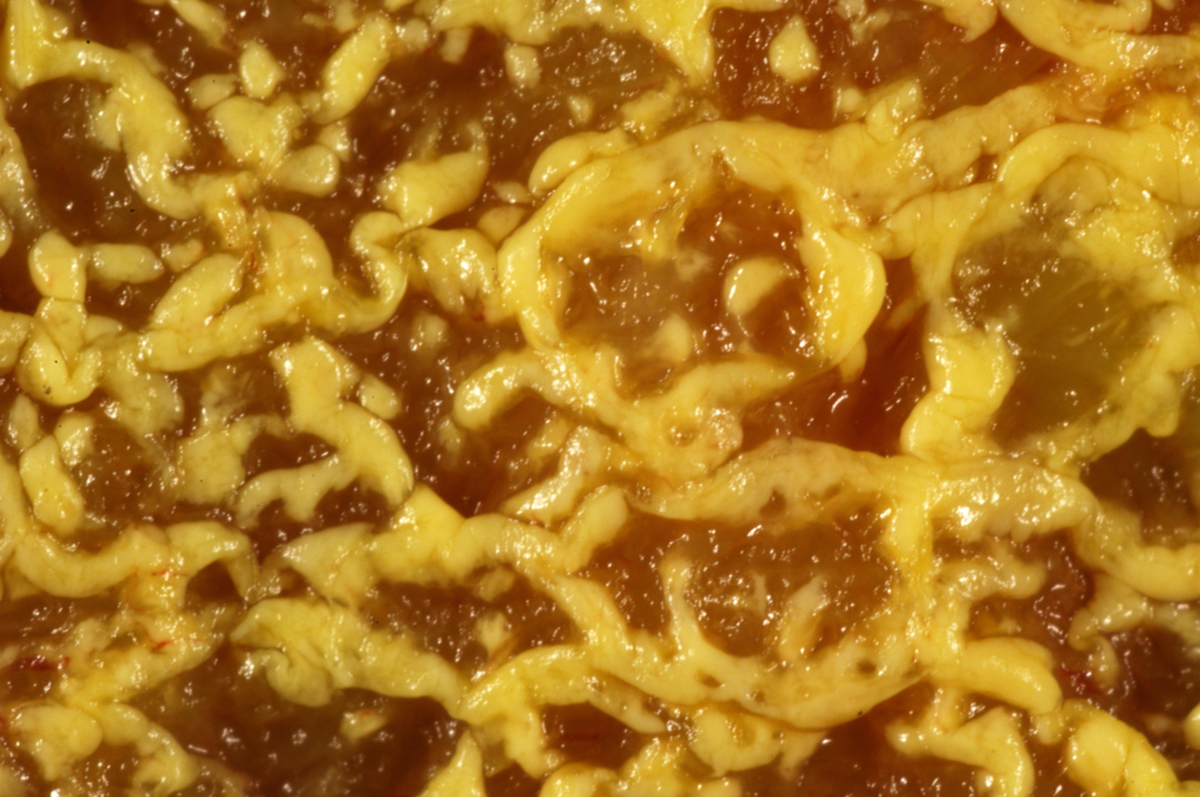Table of Contents
For nearly thirty years have been the mainstay of treatment for high cholesterol and cardiovascular disease. For some people, however, they simply do not work. For people who do not respond to statins, two new drugs may be what the doctor ordered.
People who have familial, or hereditary, hypercholesterolemia, or high cholesterol, have one or two copies of a gene that changes the way the liver responds to LDL cholesterol. In people who do not have these genes, the liver takes LDL out of the bloodstream and transforms it into HDL cholesterol. LDL is usually termed "bad cholesterol," but the truth is that everything about LDL is not detrimental to health. LDL cholesterol is a fuel for the white blood cells that fight bacterial infection. It does not necessarily clog arteries. Only smaller, spent particles of LDL cause atherosclerosis.
If LDL is never taken out of the bloodstream, however, it collides with sugar and other oxidizing compounds, such as those containing iron and copper, and forms a foamy plaque on the linings of arteries. These plaques can harden and cause "hardening" of the arteries. In people who have familial hypercholesterolemia, hardening the arteries can occur before the age of ten, and most people who have two copies of the gene that causes the condition die before they age of 30. Statin drugs can slow down the production of cholesterol, but the liver is either completely unable (if there are two copies of the gene, from both parents) or largely unable (if there is only one copy of the gene, from one parent) to regulate LDL.

Two new drugs have received preliminary approval in the United States to treat high cholesterol that cannot be addressed with statins. One of these drugs is Praluet, which has the generic name of alirocumab. It was discovered by Regeneron Pharmaceuticals and is being developed with the help of pharmaceutical giant Sanofi. It received preliminary approval by the US FDA on June 8, 2015. The other of these drugs is evolocumab, or AMG-145, made by Amgen. It received preliminary approval by the FDA on June 10, 2015.
These drugs do something entirely different to lower cholesterol.
They block a different enzyme, known as proprotein convertase subtiolin/kexin type 9, or PCSK9. This enzyme ordinarily ensures that the liver does not take too much LDL out of the bloodstream. When a receptor site grabs an LDL molecule out of the bloodstream, it ordinarily shuts down permanently, due to the action of PCSK9. These new medications, which are actually cloned antibodies, keep PCSK9 from latching on to the receptor site so it can be used over and over again to take LDL out of the bloodstream and into the liver where it is transformed into the "good" cholesterol, HDL.
There are some people who may benefit a great deal from these new drugs. People who cannot tolerate statins due to side effects probably will benefit from the new drugs. Clinical trials show about a 50 percent reduction in total cholesterol and LDL, to relatively healthy cholesterol levels, after using the drugs for just a few months.
The only familial hypercholesterolemia patients who will benefit from the new drugs are those who have only one copy of the gene that causes the disease. They have some LDL receptors, and the drugs will help preserve them. People who have two copies of the genes for familial hypercholesterolemia, however, have no LDL receptors to be preserved, and will not respond to the new drugs.
Assuming the FDA listens to its scientists, one or both of these drugs should be on the market in late 2015. Expected cost in the United States is $600 to $1000 per month.
- Micheal O'Riordan.Big LDL Drops With PCSK9 Inhibition in Grouped Phase 2 Studies. Medscape Medical News. 12 September 2013.' Liz Szabo. New cholesterol-lowering drugs hold promise, at a huge projected price tag. USA Today. 8 June 2015.
- Photo courtesy of bark via Flickr: www.flickr.com/photos/barkbud/5180808452
- Photo courtesy of bark via Flickr: www.flickr.com/photos/barkbud/5180808452
- Photo courtesy of euthman via Flickr: farm1.staticflickr.com/127/319952730_15bda199e2_b.jpg


Your thoughts on this